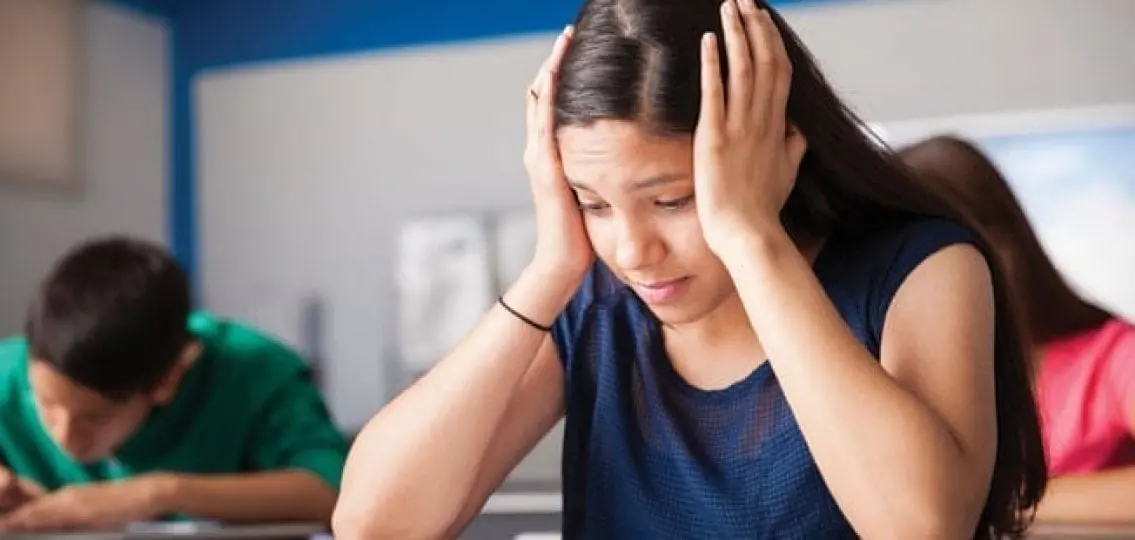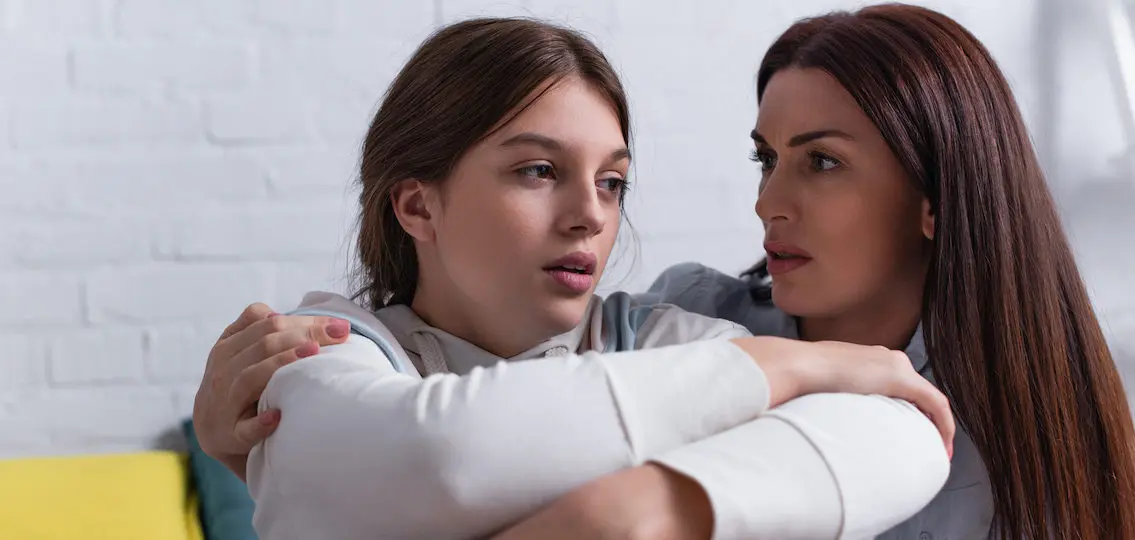Without a doubt, the pandemic has been challenging for almost everyone, and teens are no exception. Your Teen’s editor-in-chief Sue Borison recently spoke with psychologist Karol Darsa, author of The Trauma Map and founder of ReConnect Integrative Trauma Treatment Center, about how to help our teenagers move forward.
Trauma is “any stressful event that really leaves the person feeling overwhelmed and unable to cope,” says Dr. Darsa, and that’s not just limited to stereotypical tragedies. Right now, providers are seeing a surge in addiction, depression, hopelessness, and anxiety in teens, and parents should keep an eye out for anything amiss—comparing children to themselves before the pandemic rather than to peers, she says. A change from an outgoing personality to isolation, for example, would be cause for concern.
Understanding Trauma in Teenagers
When teens experience trauma, they may not show it as obviously as adults. They may, for example, appear defiant or insolent, especially with their parents. Even teens who are not traumatized by the pandemic have still been under a tremendous amount of stress, which they may demonstrate by acting out. Dr. Darsa explains that these indirect expressions of discomfort can stem from teens having less ability to regulate their emotions, and we should try to break through that negativity by making gentle, caring overtures like “How are you?” or “This must be tough for you” rather than “What’s wrong with you?”
Don’t forget to see it their way, she says. “Being in adolescence is a time to just be free and independent. You’re still attached to your parents, but there’s an emerging sense of identity of who you are, and all of a sudden, the pandemic just took away of all of that. And it’s like, ‘No, you’re not going to figure out who you are; you’re going to stay home.’ That’s much more of a shock to a teenager than to an adult.”

Dr. Darsa offered a number of practical tips to help ourselves and our teens handle emotions, including quick, easy mindfulness techniques to achieve peace and avoid obsessive thinking during stressful times.




